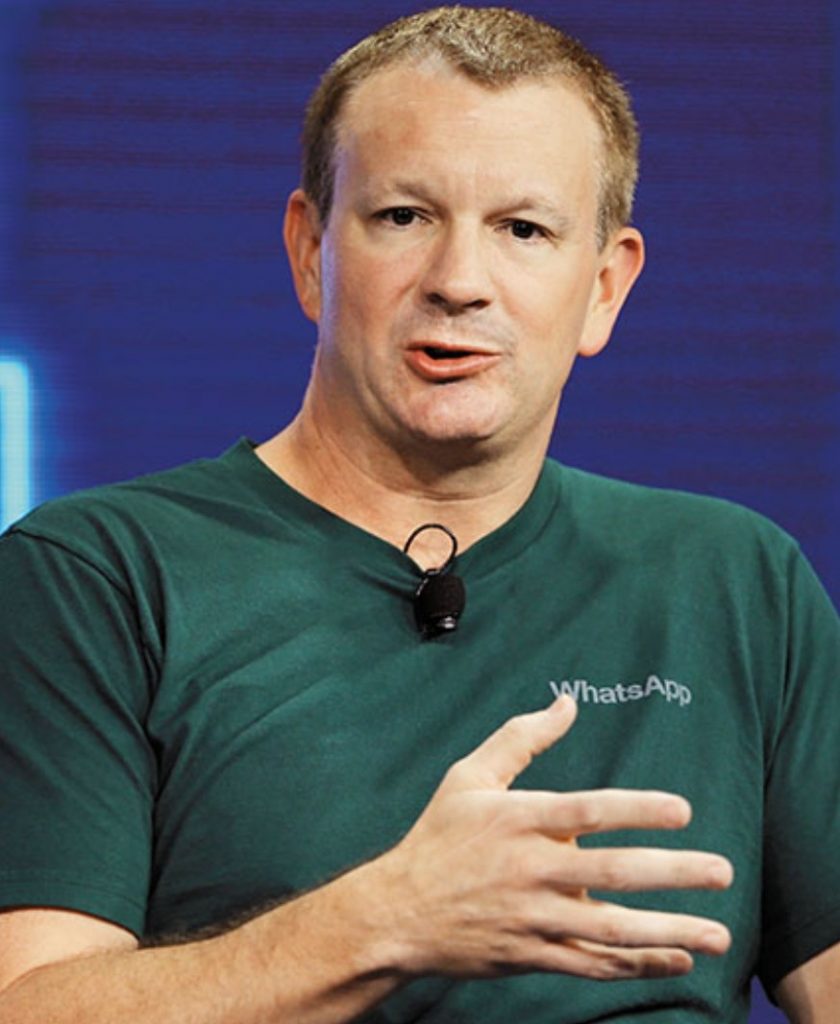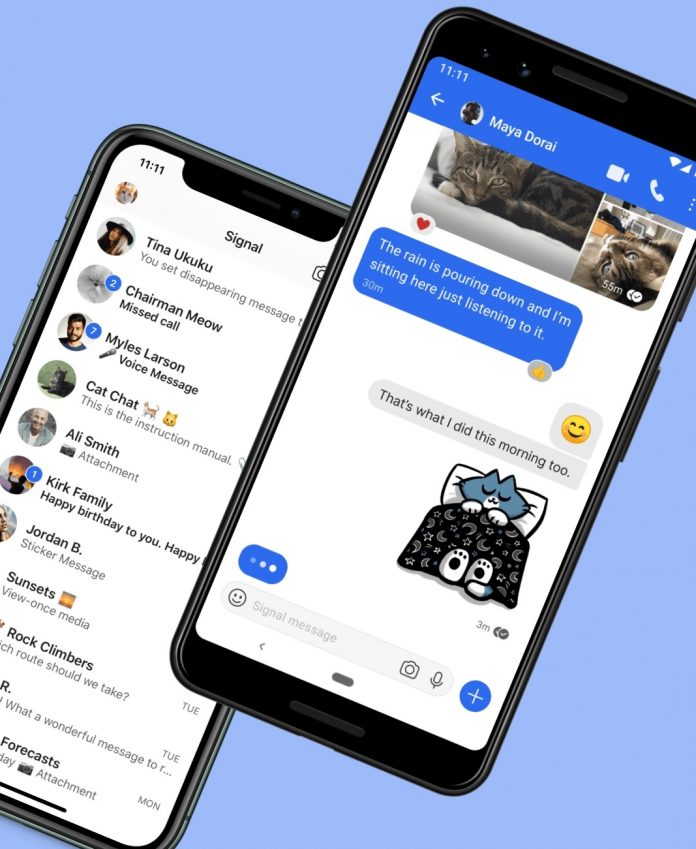Signal confirmed it saw a “giant spike” after South African-born Elon Musk urged those not happy with WhatsApp for forcing users to agree with its latest privacy policy, to follow Signal encrypted messaging app, a supposed safer alternative.
The tweet, which has since been shared by Twitter CEO Jack Dorsey, and hundreds of thousands times more by Musk’s followers, saw Signal informing users that it was increasing capacity to handle the surge of new users.
Signal, the tagline of which reads, “say hello to privacy”, followed through shortly after Musk’s cryptic tweet with a brief message, as shown below:
To multitudes of WhatsApp users not happy with the soon-to-launch policy update, and those who want to know how they can move their group chats from other apps to Signal, the messaging app shared the following message:
WhatsApp policy update, what it means
WhatsApp has updated its privacy policy, and has given users until February 8 to accept the new terms and conditions, or else lose their accounts.
While the 2-billion subscriber strong messaging app insists it remains “deeply committed to protecting people’s privacy”, and that the policy update won’t interfere with its end-to-end encrypted functionality, data exchange with Facebook (a third party) has in fact been taking place for some time in most countries across the world, including South Africa.
WhatsApp shares information with Facebook and other companies associated with it. These include phone numbers, transaction data (WhatsApp already has Chatbanking in South Africa with the likes of Absa), IP address as well as information on how you interact with your contacts and other businesses.
Only users in the European Union can opt out of data-sharing with Facebook.
What is Signal, and how it works
Signal is an encrypted text messaging app that can be found in traditional marketplaces like Google’s Play Store and Apple’s App Store.
This open source development is provided free of charge by the non-profit Signal Foundation, and allows users to send and receive text messages, voice and video calls on iOS and Android.
Unlike WhatsApp, Signal introduced in 2020 what it calls PINs as a way of identifying yourself instead of a phone number. This means you can use the same PIN to recover the data when you switch to a new device or phone number.

Key feature; protected by end-to-end encryption
A similar feature to WhatsApp, this means messages are encrypted on your phone before being sent, and can only be decrypted by the intended, verified recipient. On paper, this feature is meant to prevent third parties from having access to the contents of your messages, whether it’s law enforcement, your mobile carrier and even Signal.
Interestingly, Signal’s founder Brian Acton is one of the main brains behind WhatsApp, which he later sold to Facebook for $19 billion in 2014 but ditched it in 2017 to start Signal Foundation.
Acton’s decision to leave came as tensions between him and Facebook CEO Mark Zuckerberg grew over the company plans to monetise WhatsApp through the use of user personal data and introduction of ads. Him and fellow co-founder Jan Koum were totally against this move as they felt it was against WhatsApp’s core functionality of end-to-end encryption.
*For brand focused South African news and a selection of content hand-picked by NOWinSA editors, click here!


